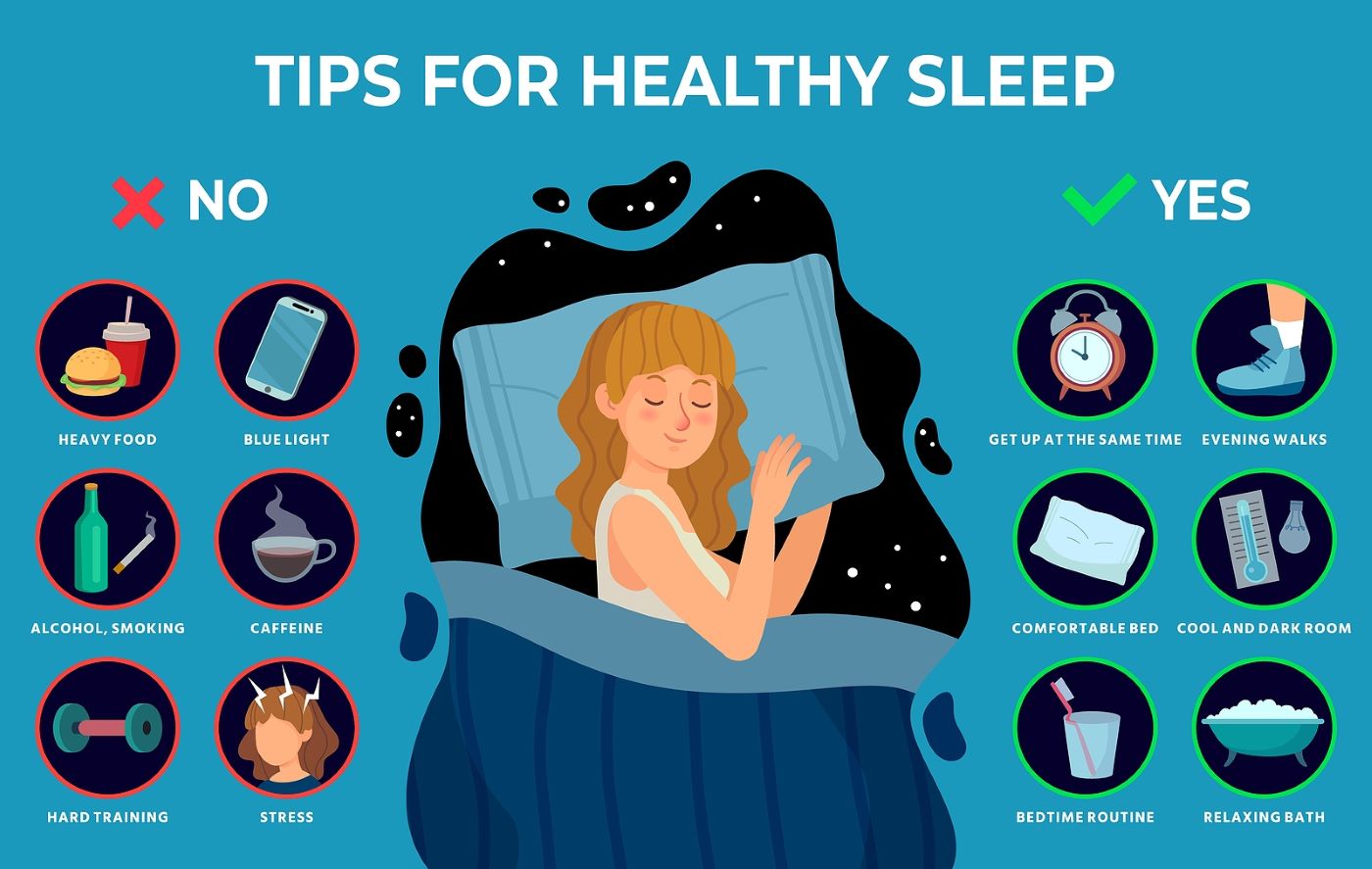Introduction:
Sleep is essential for every person to maintain a healthy body, a functional mind, and an overall well-being. However, despite its importance, many people struggle to get enough restful sleep due to various reasons such as stress, anxiety, poor sleep habits, and health problems. In this blog post, we’ll discuss the importance of getting enough sleep and provide some tips, strategies, and benefits to help you achieve restful sleep.
Importance of Sleep
Sleep is not just a luxury, it’s a necessity. It’s an essential restorative process that helps our bodies repair, regenerate, and rejuvenate. Sleep is critical for our physical, emotional, and mental health. Lack of sleep can cause various health problems such as obesity, diabetes, heart disease, depression, anxiety, and impaired cognitive function.
Tips for Restful Sleep
There are several things you can do to improve the quality of your sleep and ensure you get enough restful sleep. Here are some tips:
Stick to a sleep schedule: Go to bed and wake up at the same time every day, even on weekends.
Create a bedtime routine: Develop a relaxing bedtime routine that helps you wind down and prepare for sleep.
Create a sleep-conducive environment: Your bedroom should be quiet, cool, and dark.
Limit exposure to screens: Avoid using electronic devices such as smartphones and tablets before bedtime.
Avoid caffeine and alcohol intake: Caffeine and alcohol can disrupt your sleep and lead to poor sleep quality.
Strategies to Improve Sleep Habits
If you’re struggling to get enough restful sleep, there are several strategies you can use to improve your sleep habits. Here are some strategies:
Practice relaxation techniques: Techniques such as deep breathing, meditation, and yoga can help you relax and fall asleep faster.
Exercise regularly: Regular exercise can help you sleep better, but avoid exercising close to bedtime.
Manage stress: Stress can disrupt your sleep, so find healthy ways to manage stress such as seeing a therapist, journaling, or talking to a friend.
Get help for sleep disorders: If you have a sleep disorder such as sleep apnea, seek medical treatment.
Benefits of Restful Sleep
Getting enough restful sleep offers various benefits such as:
Improved mood and emotional stability
Better cognitive function and memory
More energy and productivity
Reduced risk of health problems such as obesity, diabetes, heart disease, and stroke.
Conclusion:
Getting enough restful sleep is critical for every person to maintain a healthy body, mind and overall well-being. By following the tips, strategies, and benefits outlined in this post, you can improve your sleep habits and enjoy a more restful and rejuvenating sleep. Start with small changes, stick to a routine, and prioritize your sleep to see improvements in your health and quality of life. Sweet dreams!